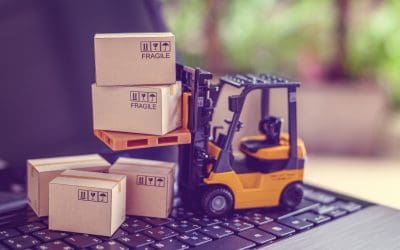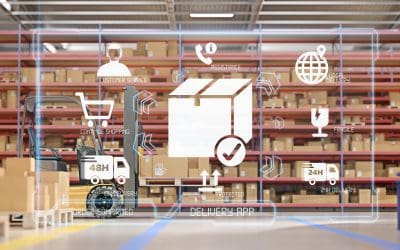
Shipping is shipping, right? At the end of the day, it’s all about getting cargo in the trailer and putting the hammer down, correct? Well, even a cursory glimpse into logistics reveals that those two statements couldn’t be further from the truth. That would be akin to saying that an airplane is an airplane, but I wouldn’t want to take a literal crop duster on a cross country flight. When it comes to shipping, you have two broad categories: LTL vs. FTL. Let’s look at what they are and when you want to use them.
LTL vs FTL
Exactly as the name indicates, full truckload (FTL) shipping utilizes all of the space in the delivery vehicle. Less than truckload (LTL) shipping occupies only part of the freight space. They are lighter and have less volume. Let’s look a little closer at each.
Comparisons
Many factors aid when choosing between LTL vs FTL. While some of the differences are obvious, some may not be quite so clear. Here are some of the main considerations.
Cost
The price tag is one of the most obvious differences. LTL is cheaper because you only pay for the space you actually use. Conversely, with FTL shipping you reserve and pay for the entire space. The choice is fairly clear; if you have a large shipment, then FTL makes sense. Conversely, if you will not fill an entire trailer, then why pay for what you are not using?
Deadlines
If you have a tight timeline, then you may have a couple of things to consider when choosing between FTL and LTL. LTL, in general, takes longer because it travels from shipping hub to shipping hub. Shipments will be cross loaded at the hubs to be routed to their final destinations, and this adds time. FTL shipping, however, travels directly to its destination.
Durability
The durability of your goods also factors into your choice. In general, FTL shipping creates less opportunity for damage because the cargo is typically loaded and unloaded once. When your goods travel via LTL, they are loaded and reloaded several times. This increase in handling increases the potential for breakage.
Size of Your Shipment
As noted above, you choose LTL when you have a smaller shipment— typically, anything up to 5,000 pounds. If you tip the scales at 20,000 pounds and up, you will be in the FTL category. But there is a middle ground. Shipments around 10,000 pounds can go either LTL or FTL. The difference depends on many factors: the volume and your personal preferences with regard to timelines and the safety of your cargo.
Natural Resource Consciousness
Another factor focuses on the environment and natural resources. Choosing FTL will often result in at least some empty space in a trailer. Delivery vehicles that do not operate at capacity do not make the most efficient use of resources and produce more carbon emissions per pound shipped. LTL, however, maximizes the space and thereby is more efficient.
When considering modes of air travel, a crop duster makes sense for keeping grasshoppers off your green beans. You’re not going to buzz those fields in a 737. In the same way when choosing between LTL and FTL, there are probably some discerning choices based upon your needs. Elite EXTRA leads the field in automation for shipping. Check out what we offer for even more in-depth help in managing logistics.
Sources
https://www.uship.com/ltl-freight/ltl-and-ftl-shipping/
https://www.pods.com/business/blog/ltl-ftl-shipping-which-method-better-business/
https://www.pods.com/business/blog/ltl-ftl-shipping-which-method-better-business/







